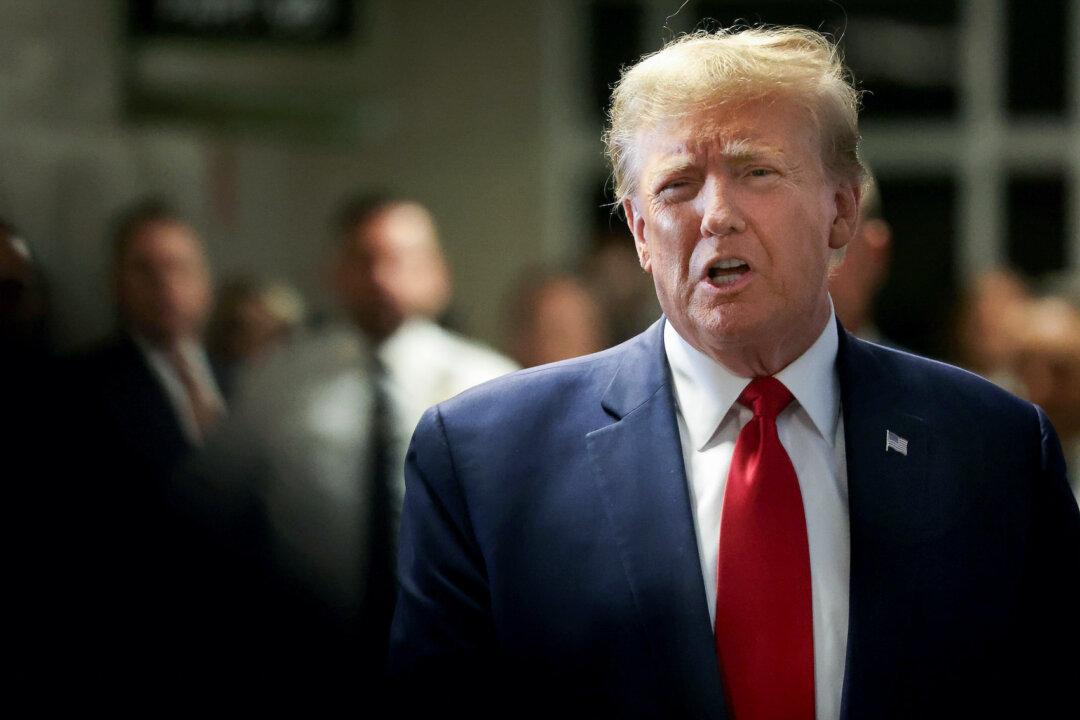With a Supreme Court review of a key defense imminent in former President Donald Trump’s criminal prosecution for his actions on Jan. 6, 2021, defense counsel asked a federal judge on March 19 to stay proceedings of all Jan. 6 civil cases brought against him.
“Basic fairness to criminal defendants and principles of judicial economy counsel that this Court should stay all proceedings concerning President Trump until the criminal case brought by the Special Counsel in the District of Columbia is resolved,” the motion for a stay reads.





